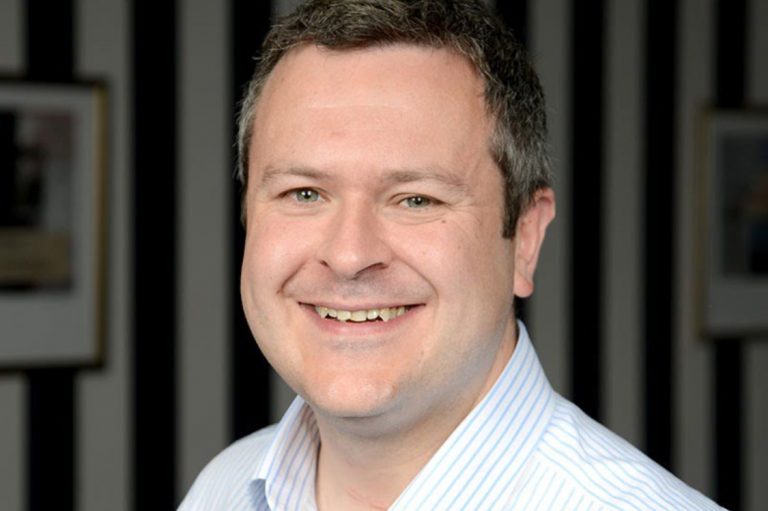A food factory in Grimsby owned by manufacturer 2 Sisters Food Group is taking part in the second phase of a ground-breaking partnership with customer M&S and FareShare, the food charity, with a further 1.5m meal servings donated to those in need.
It’s one of three 2 Sisters’ factories across the UK which will be involved in producing vegetable curry, carrot & coriander soup and pizza meals using surplus ingredients which might otherwise go to waste, such as fresh vegetables.
The meals are nutritionally balanced to serve between two and four people and all meals will be freshly prepared with a guarantee of four days life from the day of donation. The meals are made at company factories in South Wales (RF Brookes), Nottingham (Pizza Factory) and Grimsby (Recipe Dish).
According to the latest Food Foundation tracker, 15% of UK households – equivalent to approximately eight million adults and three million children – have experienced food insecurity in 2024, as the cost-of-living crisis continues to hit the pockets of low-income families. It is estimated this figure has doubled in the last three years.
Ranjit Singh Boparan, founder and President of 2 Sisters Food Group, said: “We continue to do the right thing by partnering with our customer M&S and creating these nutritious meal servings to help those that need it most. This second phase utilises surplus ingredients and what a better way to bring some good from this by creating quality food that have the M&S seal of approval. Helping to feed everyone in need with a nutritious meal is central to how we now think at our business and I am delighted to be leading on this with our partners.”












